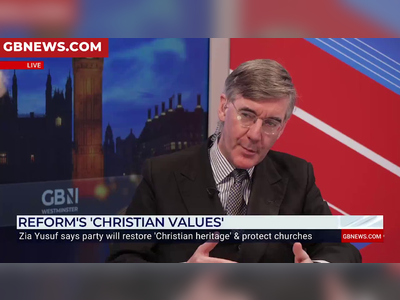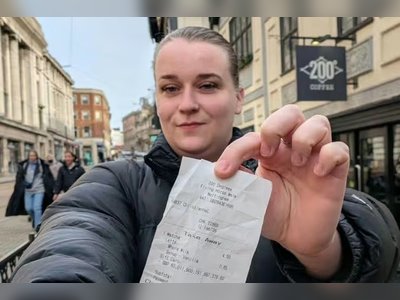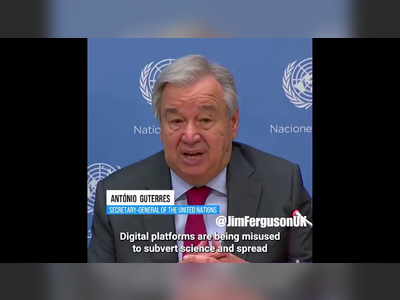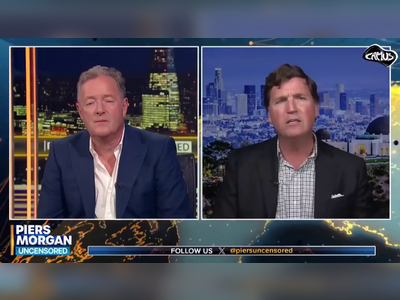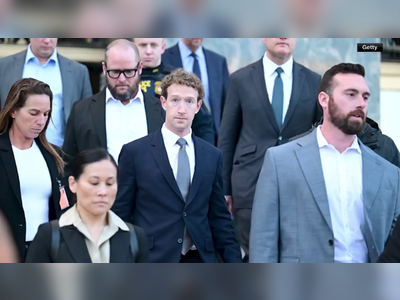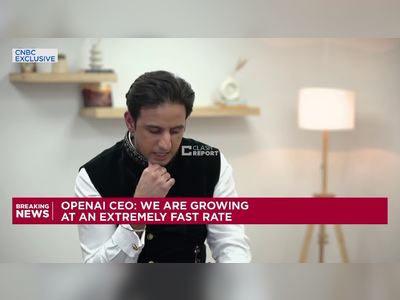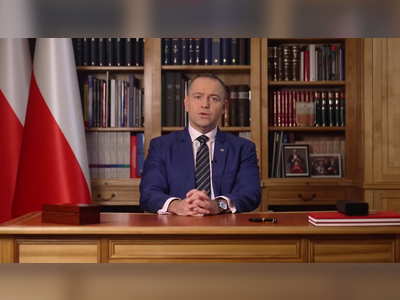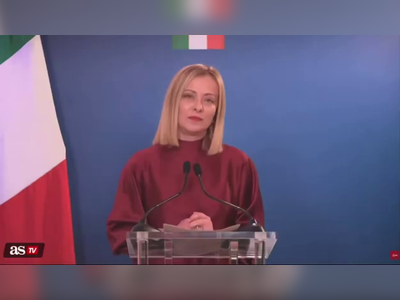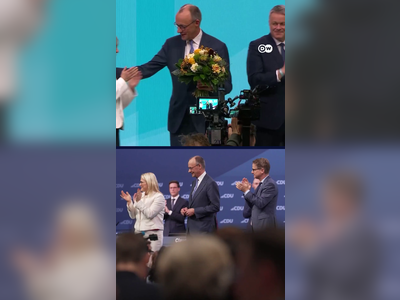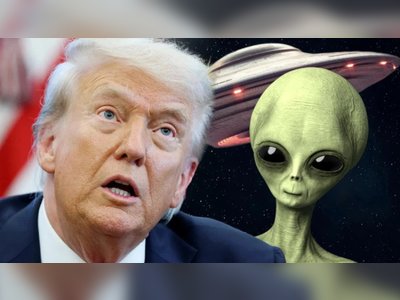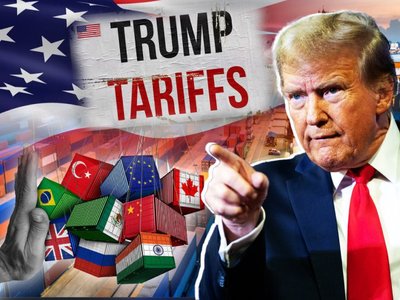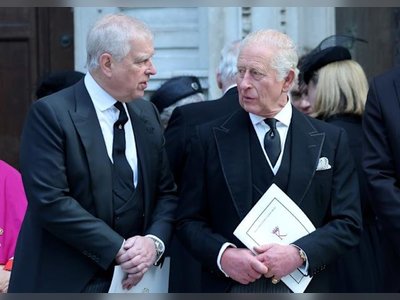Russia's Central Bank Halts Rate Hikes Amid Putin's Inflation Concerns
In a surprising move, the Bank of Russia maintains interest rates following President Putin's call for balanced economic measures.
In an unexpected policy reversal, the Central Bank of Russia has decided to maintain its benchmark interest rate at 21%, deviating from earlier market expectations of a rise to 23%.
This decision follows a recent call from President Vladimir Putin for a more measured approach amid soaring inflation rates, which he described as an 'alarming signal.'
Central Bank Governor Elvira Nabiullina explained that the prior rate hikes have somewhat cooled the overheating economy.
'We require some time to assess how the economy adjusts to these new conditions.
Therefore, we are pausing further rate increases,' Nabiullina stated.
The repercussions of this decision extend beyond the Kremlin, affecting Russian businesses and citizens who have been grappling with the burdens of high-interest rates.
Initially employed as a tool to curb rising prices, these fiscal measures have seen inflation climb to approximately 11%.
The logic behind this monetary strategy is that elevated interest rates discourage borrowing and spending, thus stifling price surges.
However, the prohibitive cost of credit has put significant strain on entrepreneurs and homebuyers, the latter facing exorbitant mortgage rates.
The cost of new loans has soared, with some lenders demanding interest rates as high as 36%, translating to annual interest payments of €54,000 on a €150,000 mortgage.
President Putin highlighted alternative mechanisms the central bank might have employed to mitigate inflation, noting that inflationary pressures arise not solely from domestic demand but also from Western sanctions and supply-side constraints such as poor harvests.
For instance, the price of cucumbers reportedly surged by 10% in a single week last December, according to Reuters.
The central bank has acknowledged that prices will likely continue to rise, particularly in the absence of further rate hikes.
Such a scenario raises the prospect of stagflation, characterized by stagnant economic growth coupled with high inflation, posing a serious challenge for Russia's economic outlook.
This decision follows a recent call from President Vladimir Putin for a more measured approach amid soaring inflation rates, which he described as an 'alarming signal.'
Central Bank Governor Elvira Nabiullina explained that the prior rate hikes have somewhat cooled the overheating economy.
'We require some time to assess how the economy adjusts to these new conditions.
Therefore, we are pausing further rate increases,' Nabiullina stated.
The repercussions of this decision extend beyond the Kremlin, affecting Russian businesses and citizens who have been grappling with the burdens of high-interest rates.
Initially employed as a tool to curb rising prices, these fiscal measures have seen inflation climb to approximately 11%.
The logic behind this monetary strategy is that elevated interest rates discourage borrowing and spending, thus stifling price surges.
However, the prohibitive cost of credit has put significant strain on entrepreneurs and homebuyers, the latter facing exorbitant mortgage rates.
The cost of new loans has soared, with some lenders demanding interest rates as high as 36%, translating to annual interest payments of €54,000 on a €150,000 mortgage.
President Putin highlighted alternative mechanisms the central bank might have employed to mitigate inflation, noting that inflationary pressures arise not solely from domestic demand but also from Western sanctions and supply-side constraints such as poor harvests.
For instance, the price of cucumbers reportedly surged by 10% in a single week last December, according to Reuters.
The central bank has acknowledged that prices will likely continue to rise, particularly in the absence of further rate hikes.
Such a scenario raises the prospect of stagflation, characterized by stagnant economic growth coupled with high inflation, posing a serious challenge for Russia's economic outlook.
